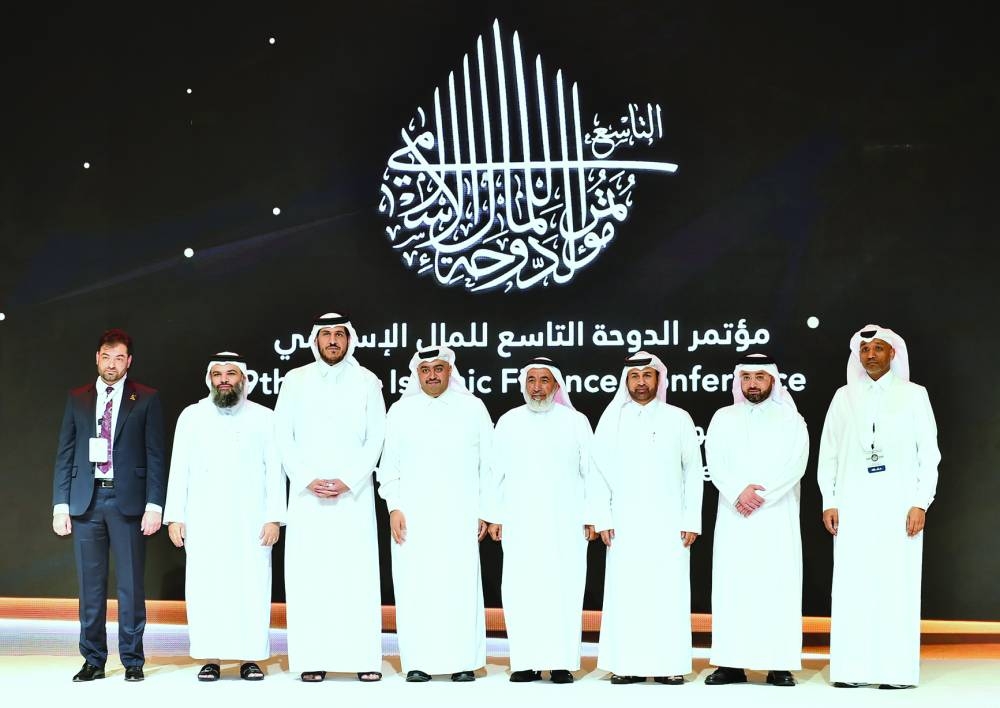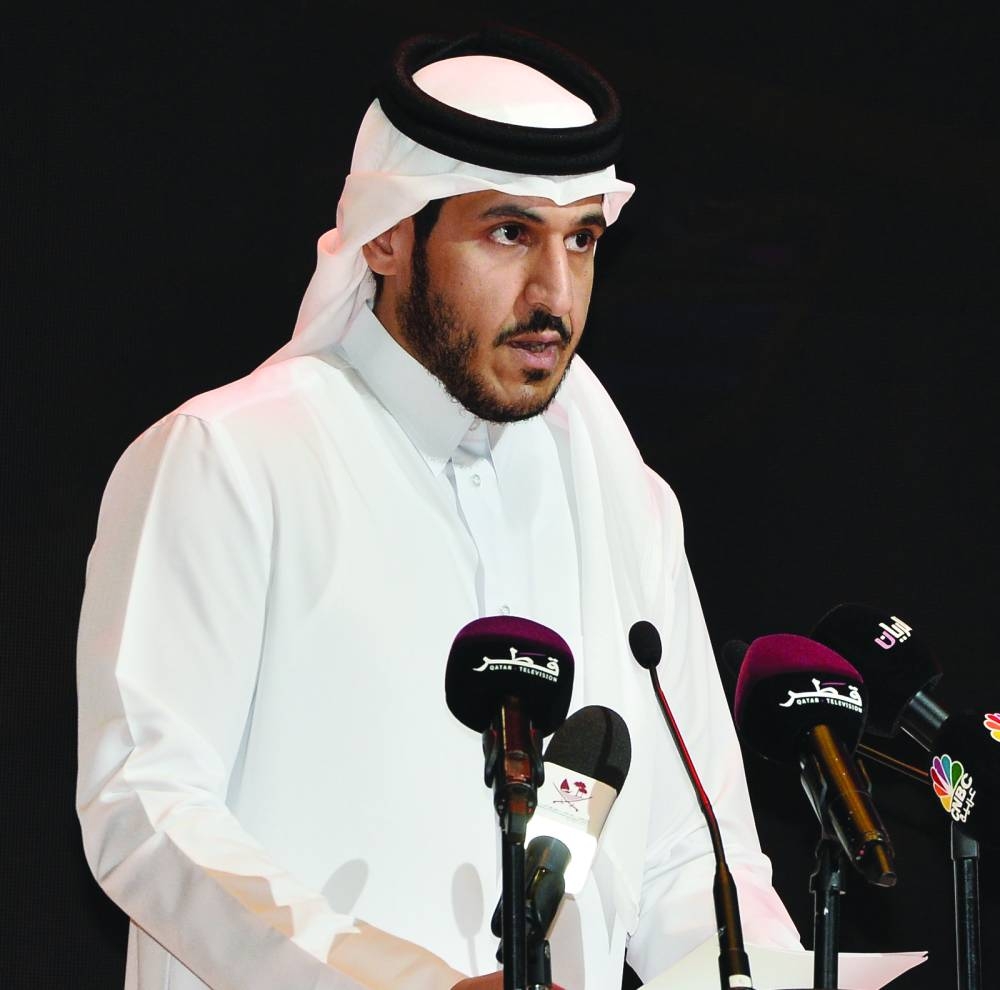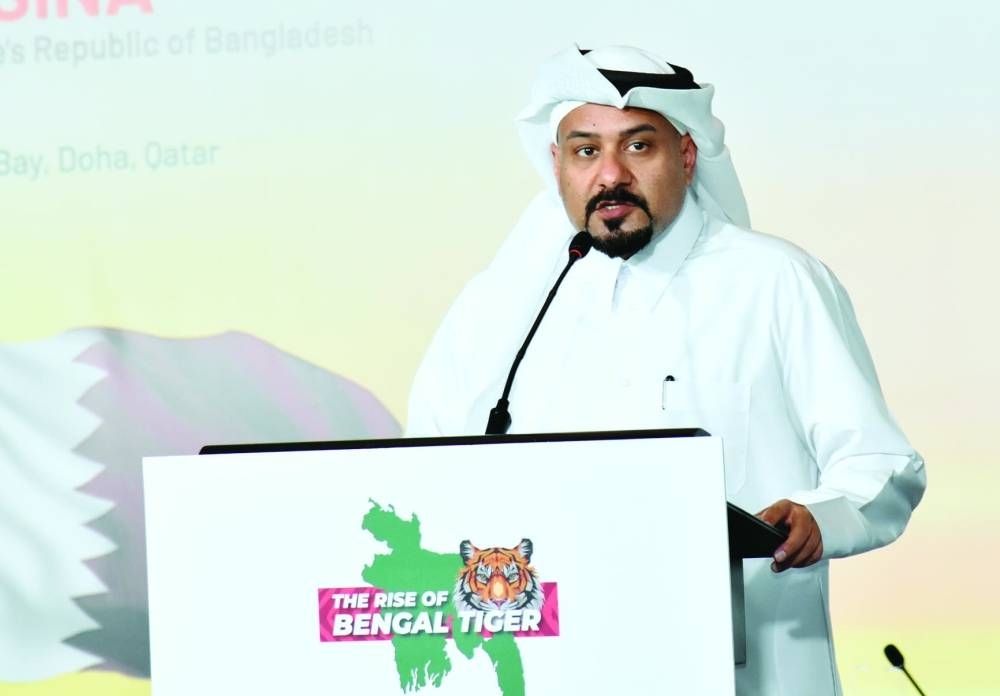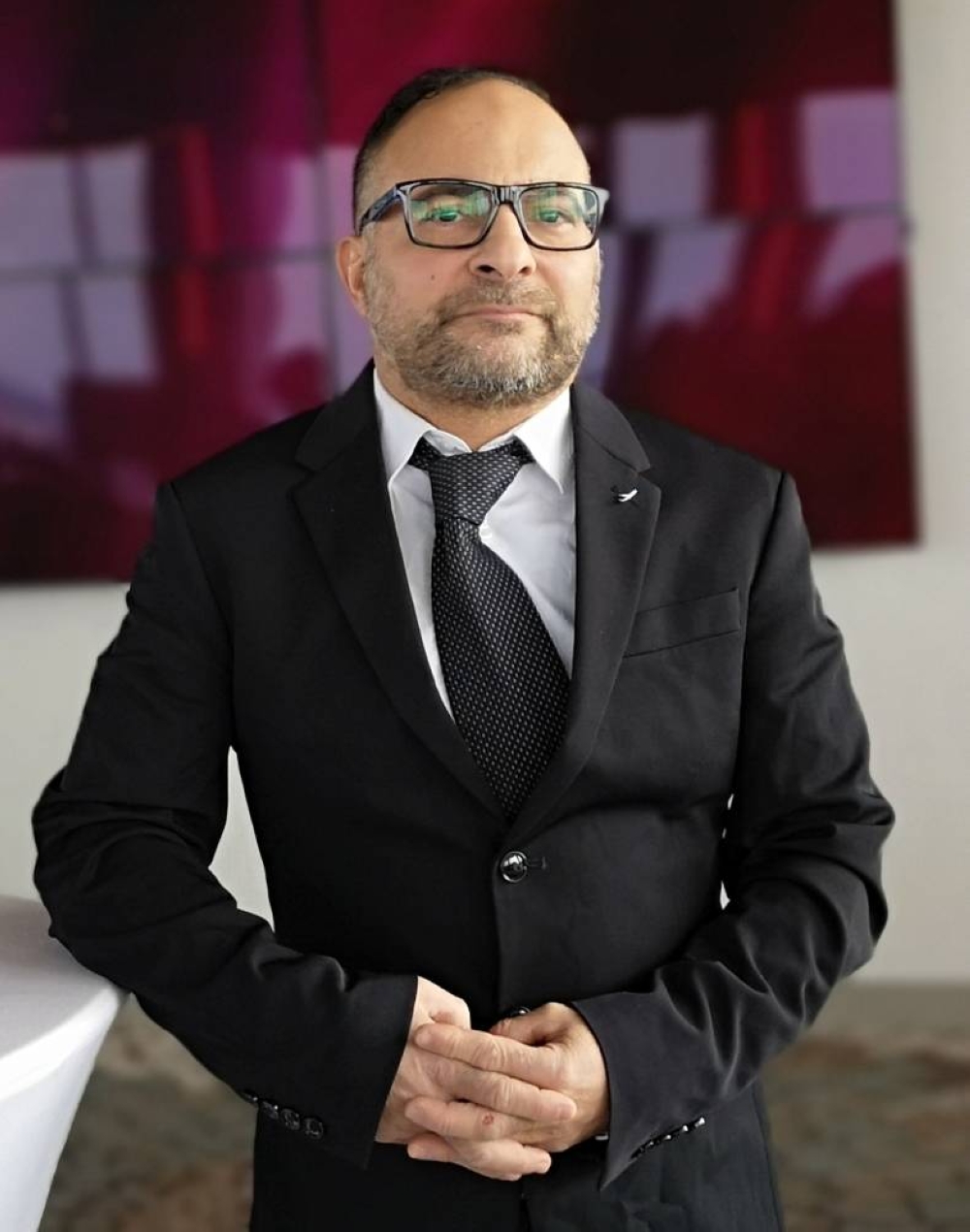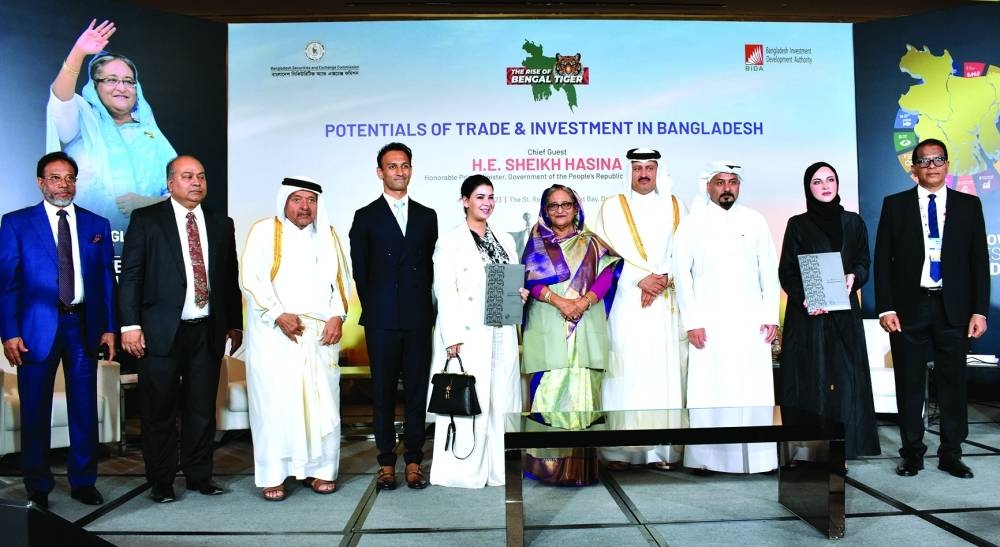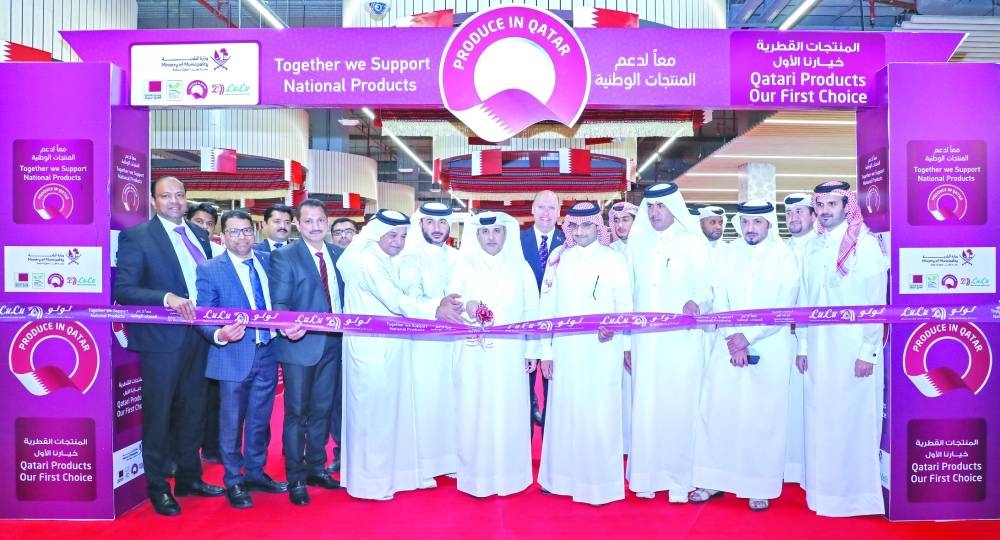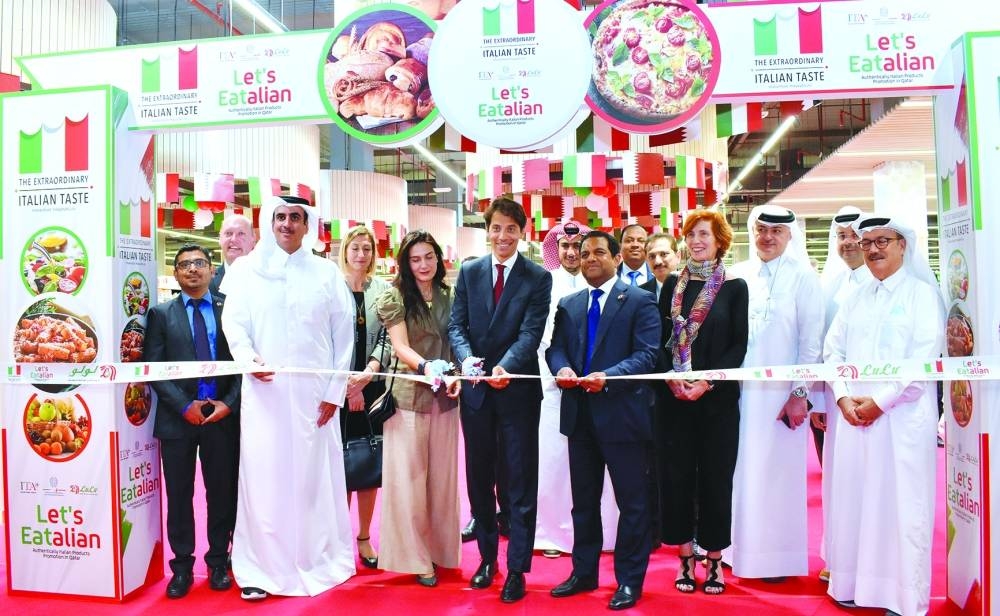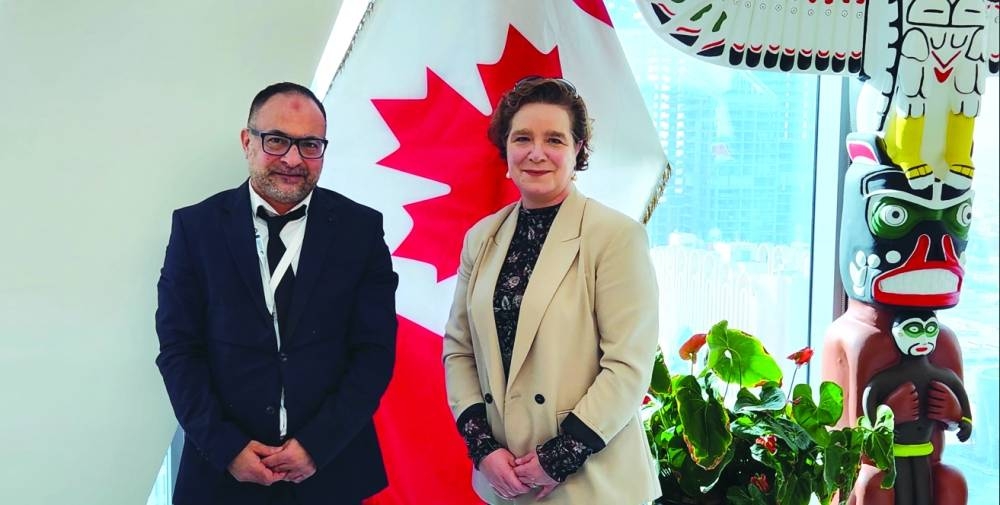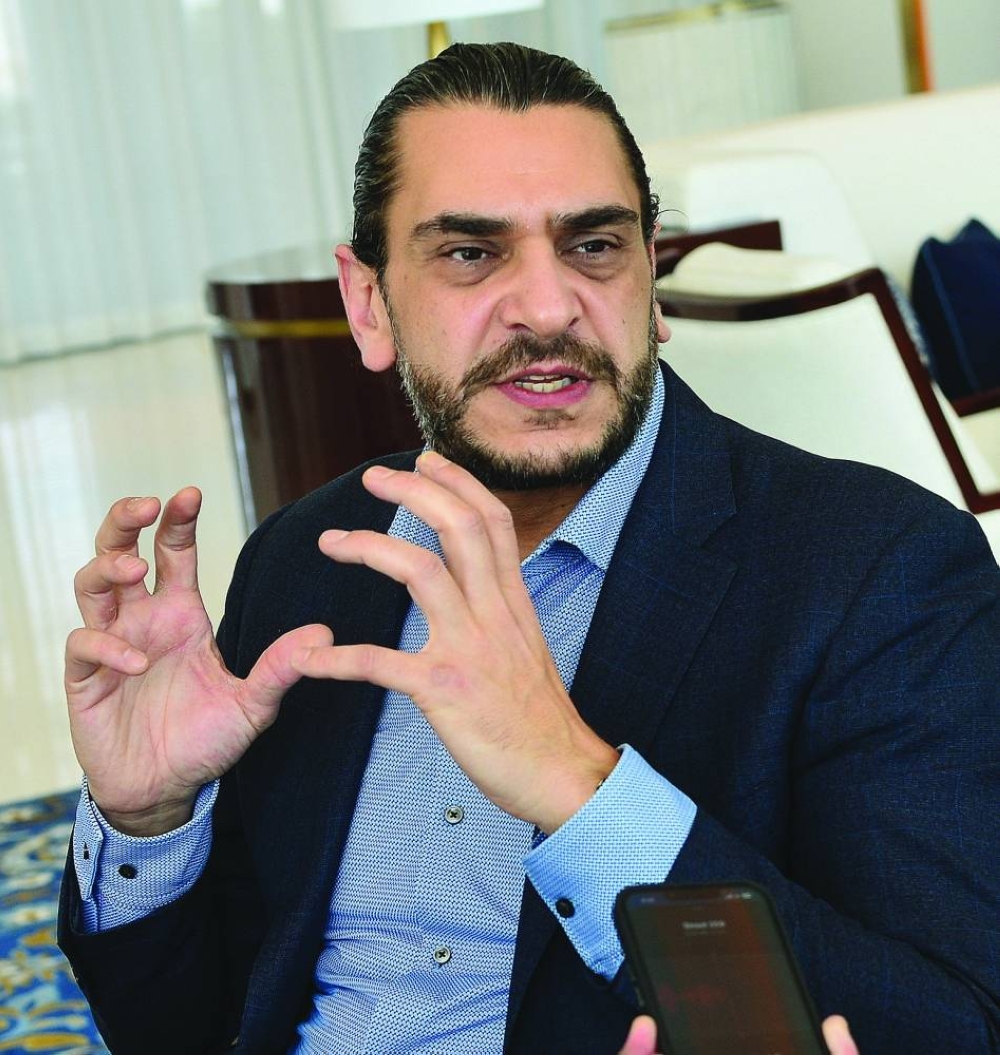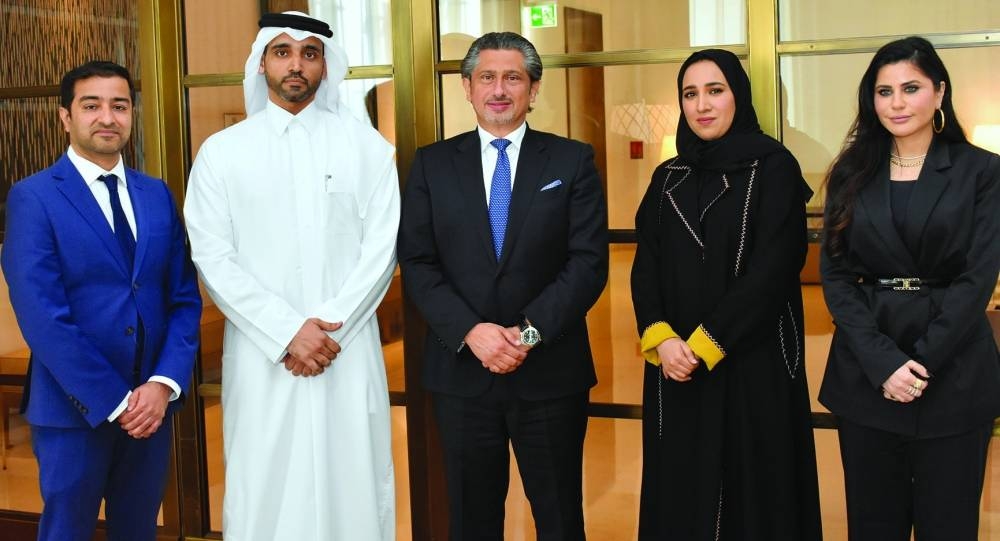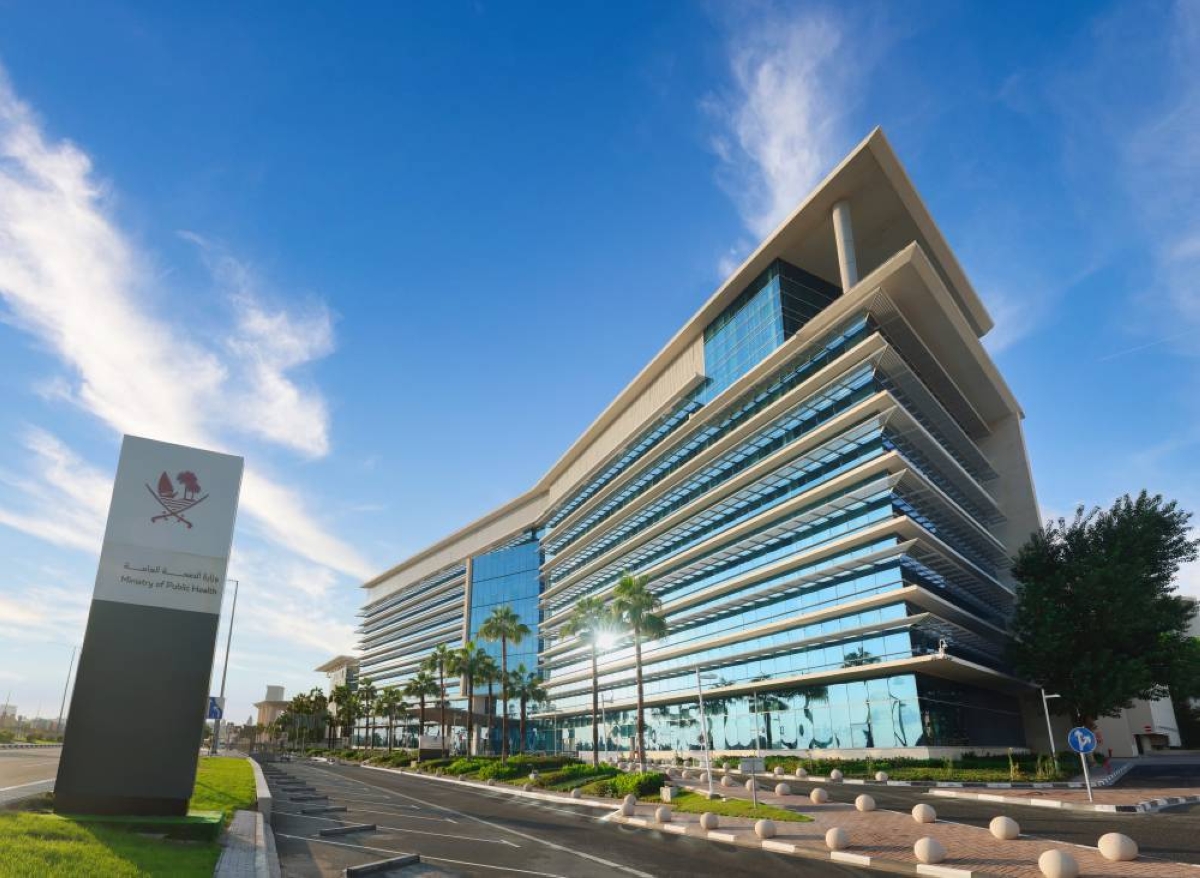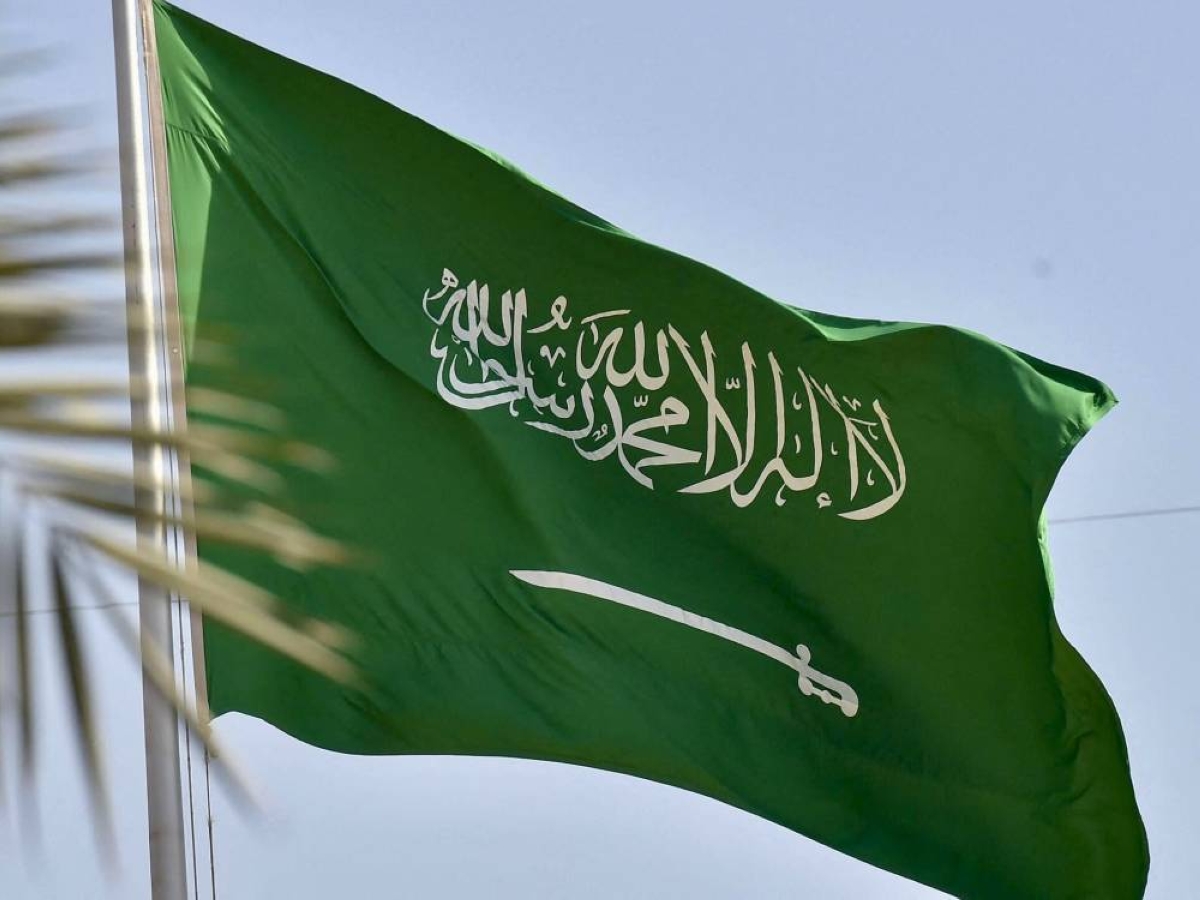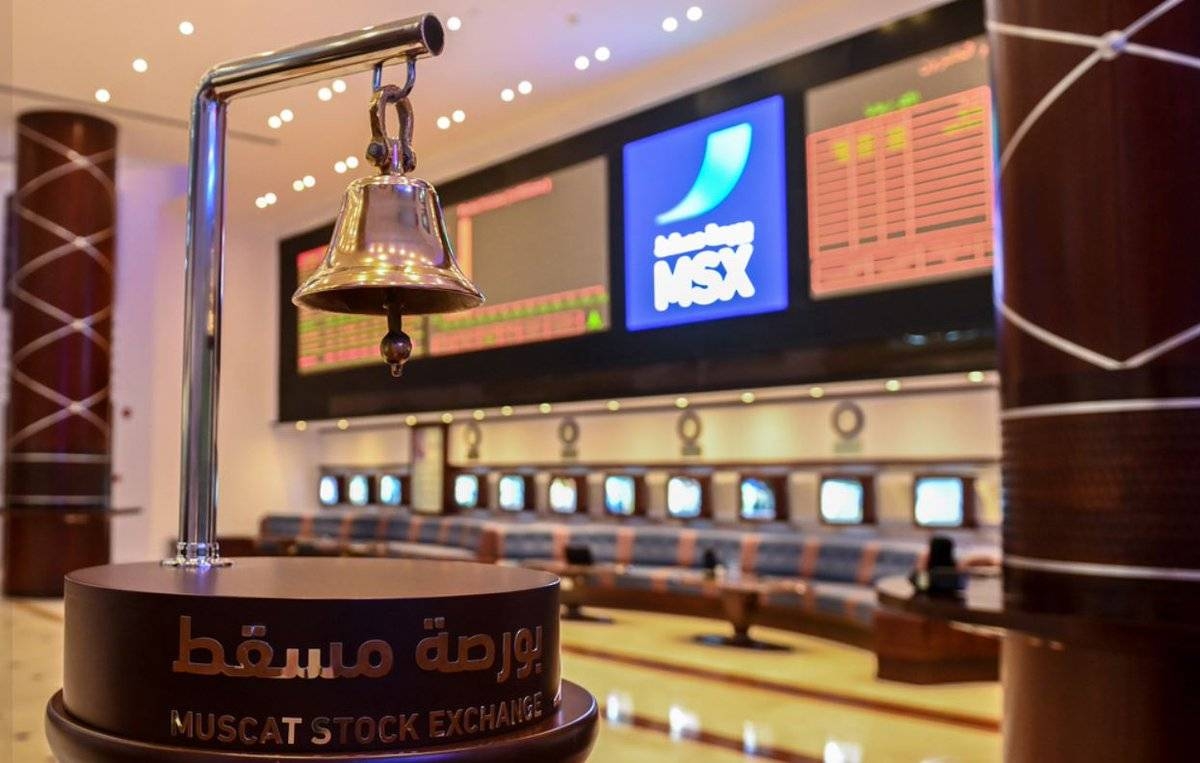A Qatari startup is keen on developing e-commerce and digital solutions in the exchange and payment space to help entrepreneurs raise work efficiency and increase productivity and profits.Saleh al-Mansouri, CEO and founder of Fatora.io and MaktApp.com, said MaktAPP is working to contribute to Qatar's economic development by providing free opportunities to start working in e-commerce through the establishment of free online stores.He said the company aims to provide the possibility for entrepreneurs to expand their businesses, collect money, and control and manage their companies through secure electronic payment solutions and billing systems, which is directly reflected in the development of Qatar’s economy.Al-Mansouri said MaktAPP graduated from the Qatar Science and Technology Park (QSTP) Incubation Centre and moved into QSTP’ park and freezone to become a full fledge operating member company. MaktAPP joined QSTP in 2016 and received a lot of support from QSTP as part of the Product Development Fund programme, he explained.He said the company developed Fatora, which is seen as one of the fruits of the success and cumulative effort made by the MaktAPP team in the field of technical progress over the past years.“Fatora is constantly seeking to support the work of startups and medium-sized companies by providing high-quality and professional services and providing the necessary information and action steps necessary for the success of these companies.“Fatora issues books, educational videos, and comprehensive blogs that raise awareness of the importance of digitisation in the development of business and technology companies, and is keen to keep pace with the global development in digital technology,” al-Mansouri told Gulf Times.Al-Mansouri said Fatora is an effective system for promoting products and developing methods for presenting them to the customer, making the marketing process easier, especially for beginners.“The effect was positive in terms of independence at work and the development of long-term plans to raise the level of the company’s operations,” al-Mansouri said.Asked about the challenges MaktAPP is facing in the current market and how the company is addressing them, al-Mansouri said: “One of the challenges we face today is the difficulty of providing one comprehensive service suitable for all categories and needs of the customer.”Despite these challenges, al-Mansouri said MaktAPP is currently working on developing artificial intelligence (AI) technologies in the field of e-commerce and billing systems.“A clear vision of the goal makes us focus heavily on monitoring all changes and developments and trying to work on them to show the best result in business development and commercial projects.“We have a collaborative and inspiring work team that masters the successive cumulative work, and each of them knows their tasks well, excels in their specialisation, and knows how to be a source of inspiration for others. They are the basis of success,” he stressed.Al-Mansouri added: “We always strive to cooperate with all available agencies, especially in conjunction with the expansion of our services in neighbouring countries, and our door is open to all partnerships.“As we all know, the world is now heading towards the electronic digital reality, especially in the field of trade, and this is a major reason why Fatora is at the forefront of the pillars of digital economic development, specifically in Qatar, and this is of course what we aspire to, hope for, and strive for.”

Peter Alagos
Peter Alagos reports on Business and general news for Gulf Times. He is a Kapampangan journalist with a writing career of almost 30 years. His photographs have been published in several books, including a book on the 1991 Mt. Pinatubo eruption launched by former Philippine president Fidel V. Ramos. Peter has also taught journalism in two universities.
Most Read Stories






